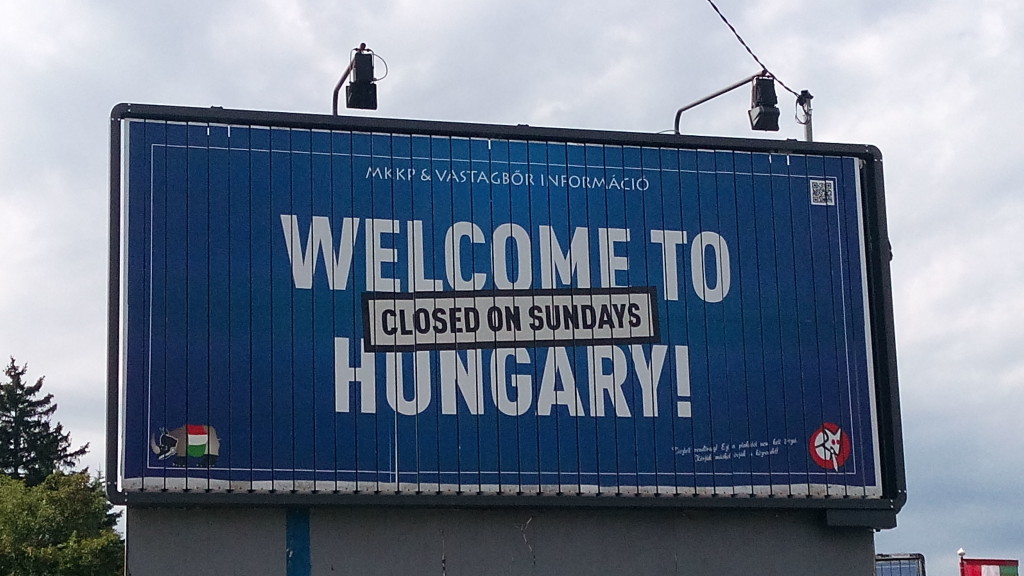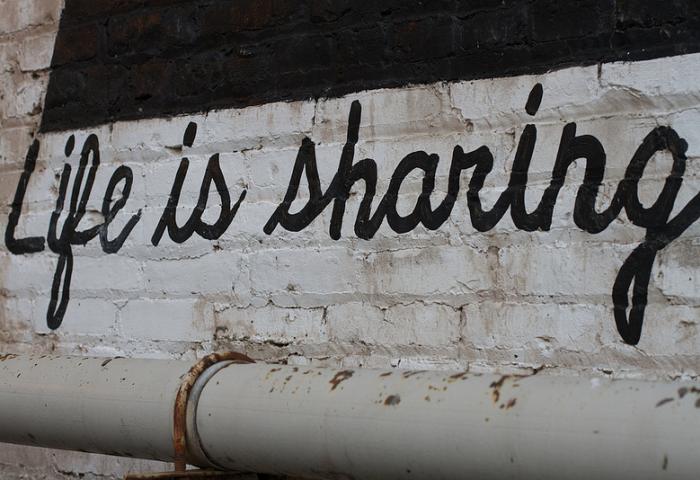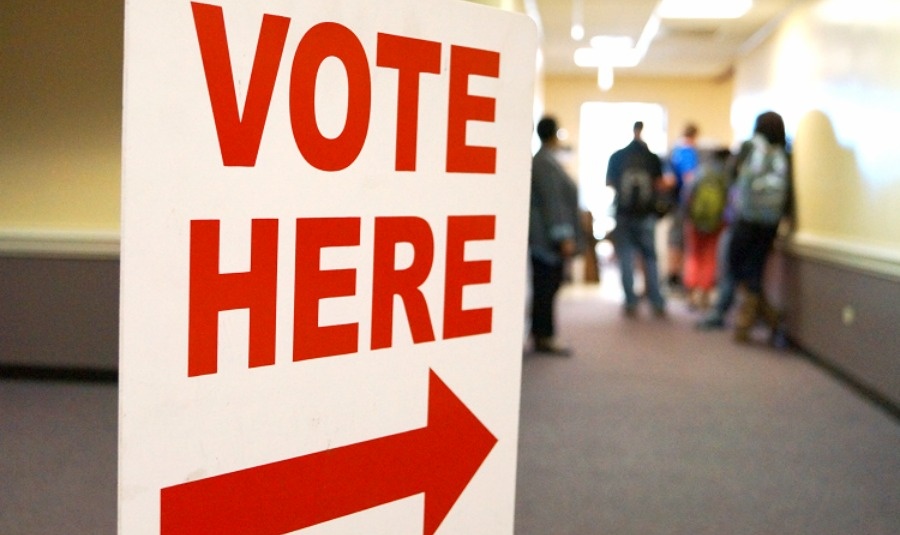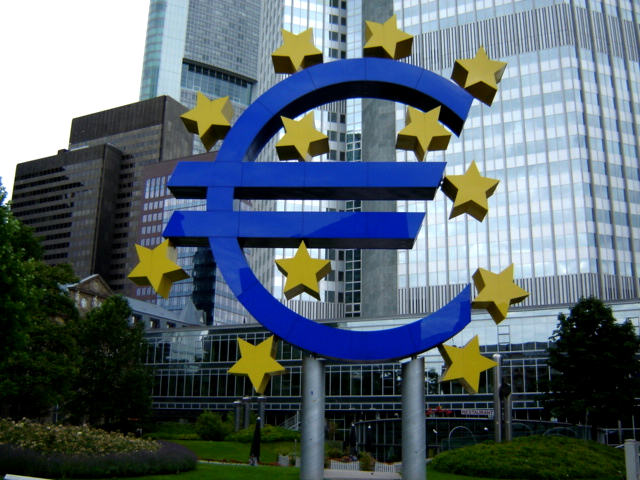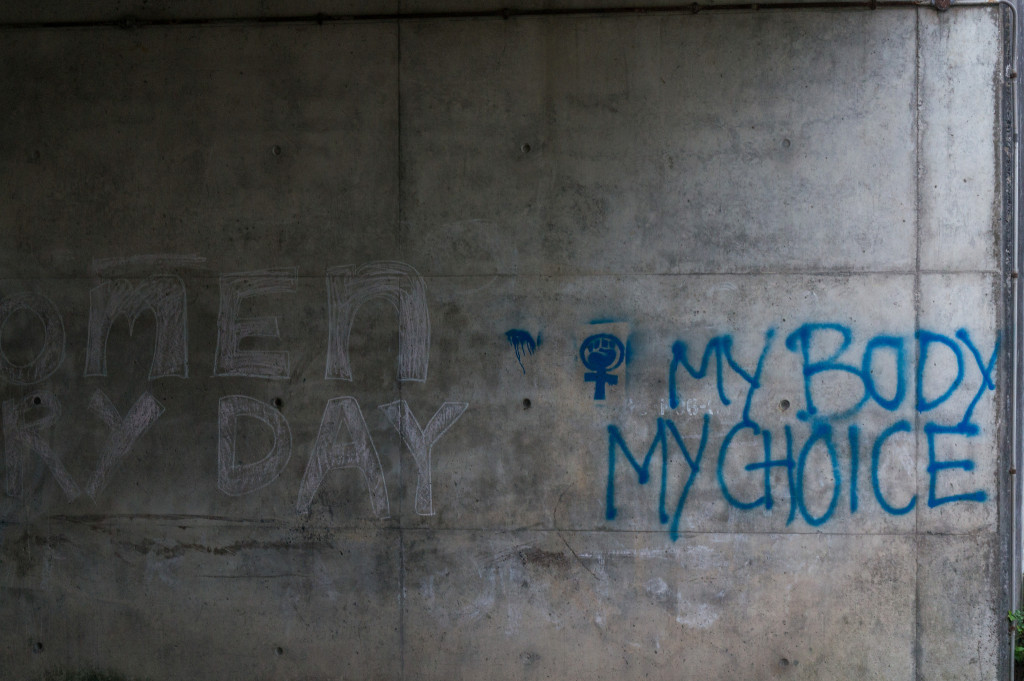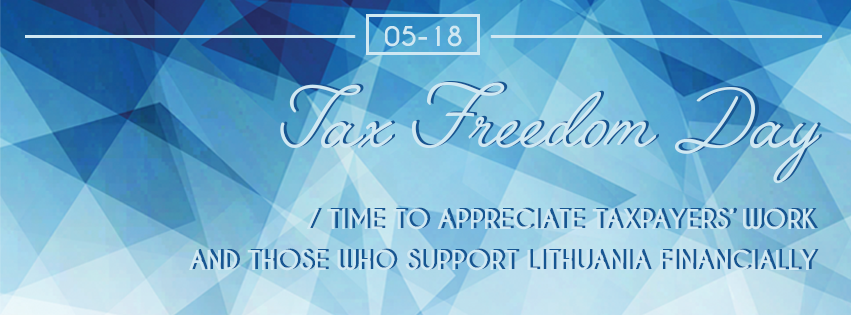
This Year’s Lithuanian Tax Freedom Day Is on May 18
BY
LFMI / May 17, 2016
Tax Freedom Day comes on May 18. It is a symbolic day in the year when an average taxpayer has paid all the dues to the government and begins to work for him- or herself. The fact that it comes later than in the previous year means that government expenditures has grown more than the country\'s economy.





